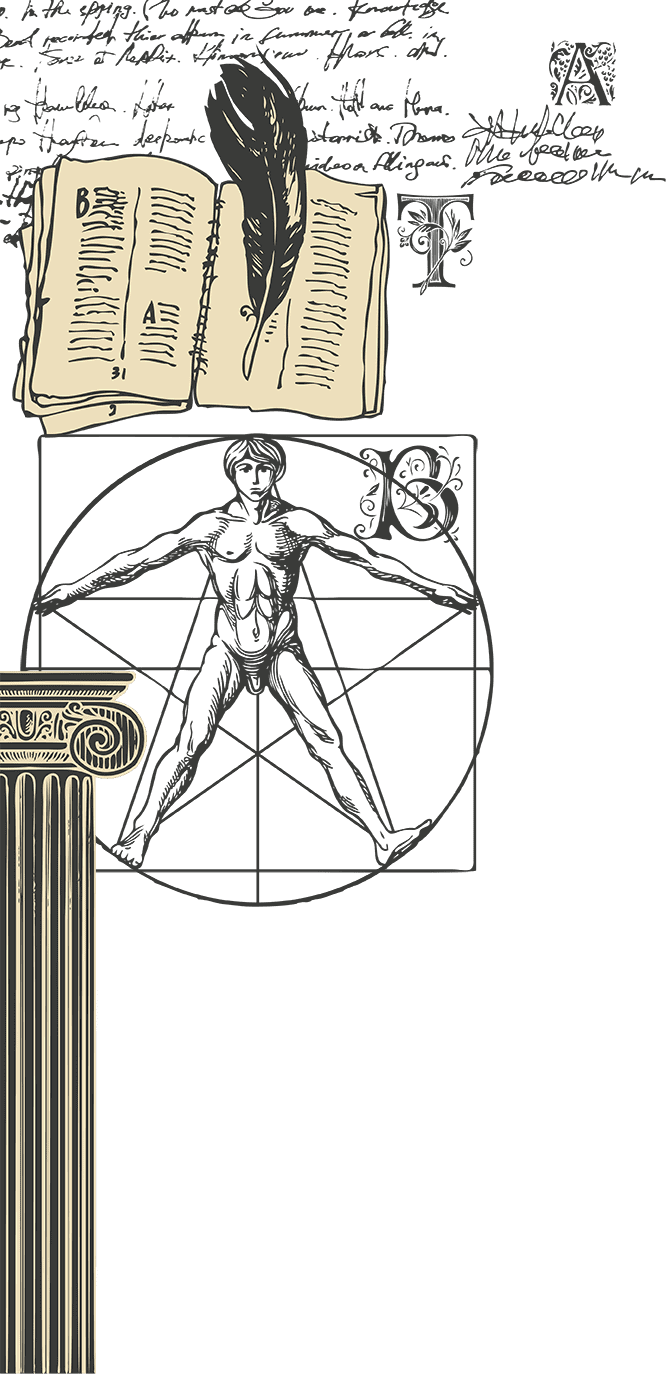
Navigating Modern Chaos
In the intricate and often bewildering landscape of our modern world, beset by a plethora of challenges and constant change, the ancient concept of Plato’s philosopher king, as articulated in “The Republic,” resurfaces with striking relevance. Imagine, if you will, a realm where leadership transcends the usual political charades, embracing profound wisdom, ethical integrity, and an unwavering commitment to the collective well-being. This is where the ideal of a philosopher king emerges, offering a beacon of enlightened governance in our contemporary tale.
**Wise Leadership for the Long Haul**
Today’s leadership often seems ensnared in the immediacy of quick fixes and short-lived victories, neglecting the expansive vista of long-term prosperity and stability. The philosopher king, characterized by deep insight and foresight, challenges this status quo. In an era desperately needing sustainable solutions, especially regarding existential threats like climate change, this leader’s visionary perspective could guide humanity towards enduring and comprehensive resolutions.
**Altruism as the Guiding Principle**
Modern politics, often mired in personal agendas and corruption, is in dire need of a selfless touch. The philosopher king, with their altruistic ethos, stands in stark contrast to this trend, prioritizing societal welfare over personal ambition. This archetype of leadership embodies a true commitment to social justice and equality, actively addressing the entrenched disparities plaguing our societies.
**Enlightened Decision-Making**
In a world brimming with intricate dilemmas and diverse opinions, mere whimsical decision-making won’t cut it. The philosopher king, rooted in rational thought and ethical contemplation, is equipped to steer through these complexities with discernment and prudence. This leader’s approach, prioritizing inclusive and well-considered policies, would resonate across the broad spectrum of societal needs and values.
**Advocating for a Knowledge-Driven Society**
In an era where superficial narratives often overshadow in-depth discourse, the philosopher king symbolizes the valorization of deep knowledge and understanding. This leader’s emphasis on education, critical thinking, and informed public debate could catalyze a shift towards a more enlightened and proactive citizenry.
**The Need for Checks and Balances**
It is important, however, to acknowledge the potential pitfalls. Absolute power, even when vested in the most enlightened individuals, carries the risk of authoritarianism. As such, while aspiring for a philosopher-king style of leadership, it’s crucial to incorporate robust mechanisms for accountability and checks on power.
In conclusion, while directly implementing Plato’s ideal in the modern world may be impractical, the underlying principles of the philosopher king – wisdom, altruism, and rational governance – remain profoundly pertinent. By embracing these ideals in our leaders and governance structures, we can navigate our global society towards a future that is not only just and sustainable but also deeply enlightened.
